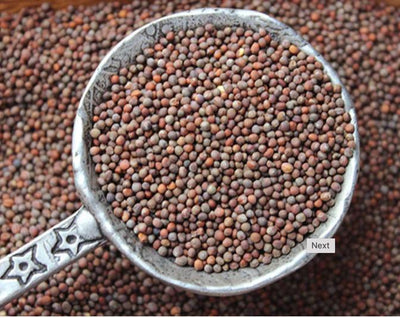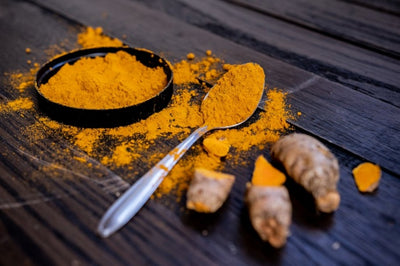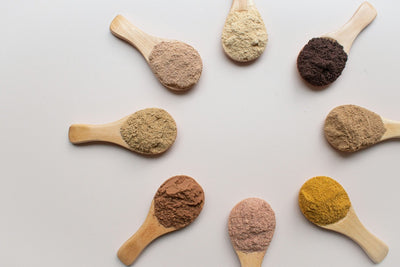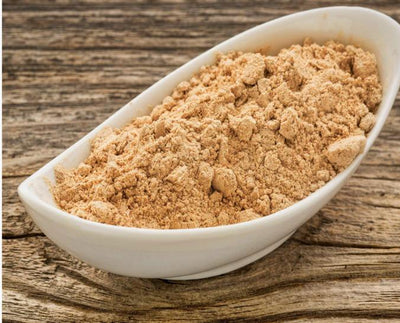Nachricht
What Are the Best Seeds for Sprouting? A Beginner’s Guide
Sprouted seeds are nutritional powerhouses. The process of germination activates enzymes and releases nutrients that are easier for the body to absorb. Sprouts are rich in vitamins A, B, C, and E, as well as essential minerals like iron, magnesium, calcium, and zinc. They also contain antioxidants and are high in fibre, making them a great choice for digestive health. The act of sprouting also breaks down phytic acid, a compound found in seeds that can inhibit nutrient absorption, which means your body can better absorb the nutrients from the sprouted seeds.
This blog explores some of the best seeds for sprouting and offers advice on how to grow and use them for maximum nutritional benefits.
Best Seeds for Sprouting
There are many seeds that you can sprout at home, but some are better suited for beginners due to their ease of sprouting and versatility in the kitchen. Here are three of the best seeds for sprouting.
Broccoli Seeds
Broccoli sprouts are among the most popular seeds to sprout, largely due to their high nutritional value. They are particularly rich in sulforaphane, a compound that has been studied for its cancer-fighting properties. Broccoli sprouts are mild in flavour, making them a perfect addition to salads, sandwiches, or even as a garnish for various dishes.
Here's how to sprout broccoli seeds.
- Soak the seeds in water for 6-8 hours.
- Drain and rinse the seeds, then place them in a sprouting jar or tray.
- Rinse the seeds twice a day and keep them in a well-ventilated area.
- In 4-5 days, the seeds will have sprouted and be ready to eat.
Broccoli sprouts can be used fresh or stored in the fridge for up to a week. Their subtle taste makes them ideal for blending into smoothies or using as a crunchy topping on various meals.
Alfalfa Seeds
Alfalfa sprouts are another excellent choice for beginners. Known for their mild, nutty flavour, these sprouts are often used in salads, sandwiches, and wraps. Alfalfa sprouts are packed with vitamins A, B, C, E, and K and contain essential minerals like magnesium and iron. They’re also rich in phytoestrogens, which may help support hormonal balance, particularly in women.
Here's a guide on soaking alfalfa seeds.
- Soak alfalfa seeds in water for 4-6 hours.
- Drain and rinse, then place them in a sprouting jar or tray.
- Rinse the seeds twice daily and keep them in a bright but indirect sunlight area.
- Within 4-6 days, the sprouts will be ready to harvest.
Alfalfa sprouts are highly versatile and can be used in various dishes. They add a nice crunch to salads, wraps, and sandwiches. You can even mix them into a green smoothie for an added nutritional boost.
Cress Seeds
Cress is a fast-growing, peppery-flavored sprout that is perfect for adding a bit of spice to your meals. Cress sprouts are rich in vitamins C, K, and A, as well as calcium and iron. Their distinct flavour makes them a great garnish for soups, salads, and egg dishes.
Follow these steps to sprout cress seeds.
- Soak the seeds in water for 3-4 hours.
- Drain the seeds and spread them in a single layer on a damp paper towel or sprouting tray.
- Keep the tray moist by misting it with water a few times a day.
- Cress seeds sprout quickly and will be ready in about 3-5 days.
Because of their zesty flavour, cress sprouts are best used as a garnish or incorporated into dishes where you want to add a bit of spice. They also make a great addition to egg or cheese sandwiches.

To get started on your sprouting journey, consider shopping at Nature’s Root, a trusted provider of high-quality, organic seeds for sprouting in the UK. Our selection includes everything you need to grow homegrown superfoods, such as organic broccoli sprout seeds, cress seeds, and even unique options like moringa seeds.
Explore our collection, start sprouting today, and enjoy the countless health benefits!










